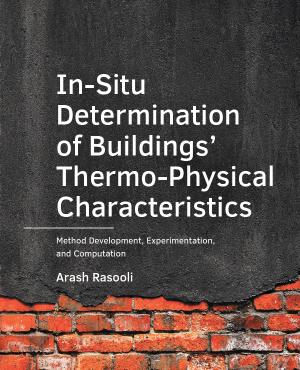Hosted by
In-Situ Determination of Buildings’ Thermo-Physical Characteristics: Method Development, Experimentation, and Computation
Synopsis
Accurate determination of building’s critical thermo-physical characteristics such as the walls’ thermal resistance, thermal conductivity, and volumetric heat capacity is essential to indicate effective and efficient energy conservation strategies at building level. In practice, the values of these parameters, which determine not only possible energy savings, but also related costs, are rarely available because the current determination methods are time-and-effort-expensive, and consequently seldom used. This thesis combines theories, simulations, computations, and experiments to develop and improve methods and approaches for determination of a number of buildings’ most important thermophysical characteristics. First, a modification to the existing standard method, “ISO 9869 Average Method” is proposed to measure the walls’ thermal resistance. Two current problems are solved: long measurement duration (weeks) and imprecision. To further shorten the measurement period to a few hours, a new transient in-situ method, Excitation Pulse Method, EPM (Patent No. 2014467), is then developed and tested. This method allows the determination of the walls’ response factors which can be applied directly in dynamic models. More importantly, it is used to extract critical construction information including walls’ thermal resistance, thermal conductivity, volumetric heat capacity, and the possible layer composition. Finally, in an attempt to reduce the hassle, cost, and intrusion associated with locally-conducted experiments, the use of data from smart meters and home automation systems is explored. Building’s global characteristics including heat loss coefficient, global heat capacitance and daily air change rates are accordingly determined.

